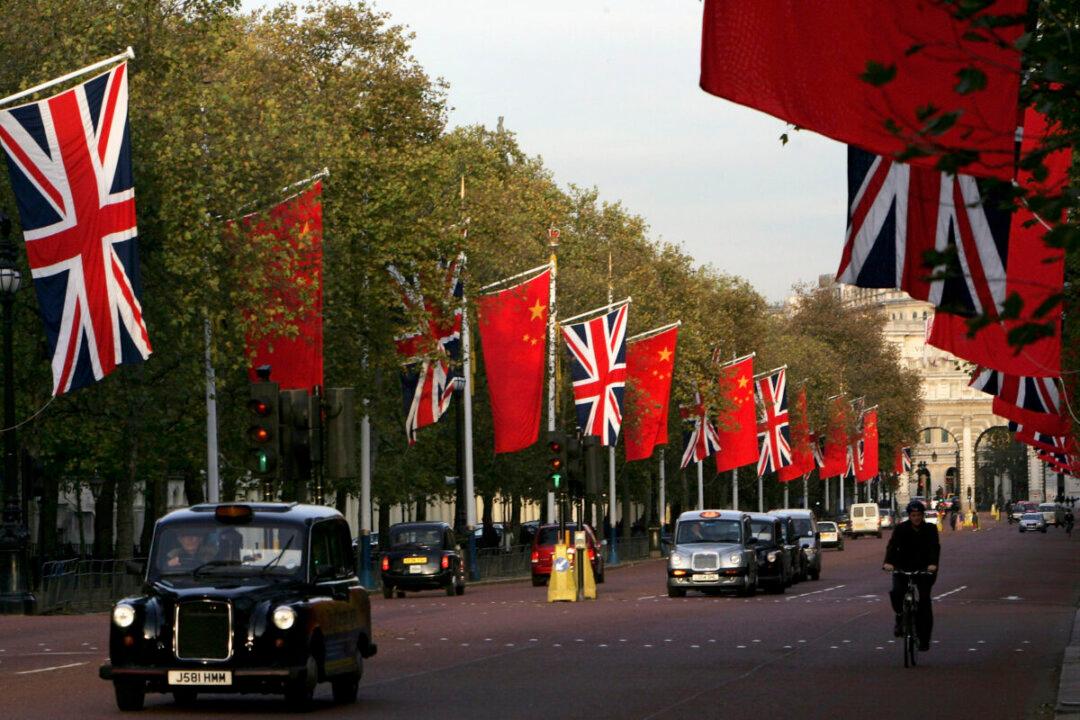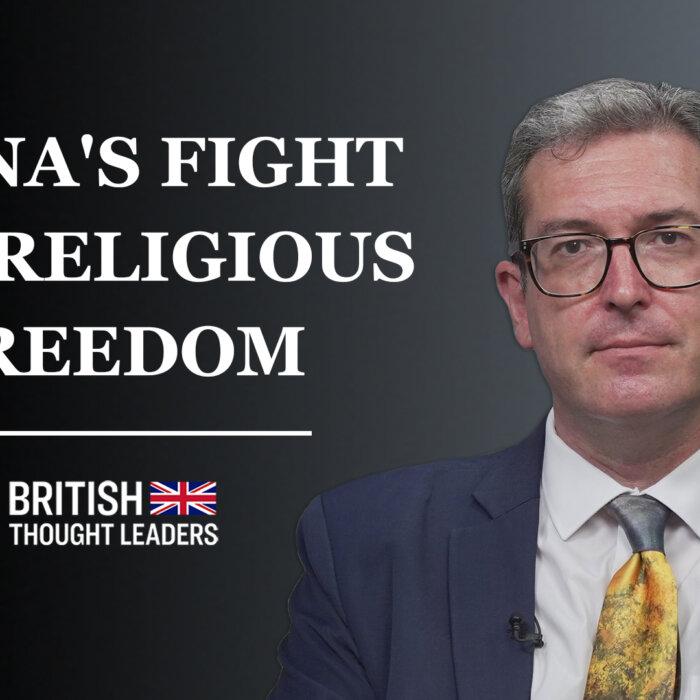The new Labour government has delayed a scheme to register people working for foreign nations, with the Home Office saying it will not come into effect this year.
The Foreign Influence Registration Scheme (FIRS) was introduced as an amendment of the National Security Act 2023 and requires foreign agents and foreign power-controlled entities—apart from diplomats and their families—to report political influence activities.
Parton told The Epoch Times: “Labour is currently engaging in an audit of the UK’s relations with China. When that audit will be complete has not been announced. But it would be most disappointing if a China strategy is not clear by March at the latest.
‘Profoundly Concerning’
FIRS is a two-tier scheme comprised of a political influence tier and an enhanced tier. Those under the political influence tier would need to register if they “carry out political influence activities in the UK at the direction of a foreign power.”The enhanced tier is for where the secretary of state considers a higher level of monitoring to be required “to protect the safety or interests of the UK,” and agents of a foreign power falling into this group will be required to register almost all activities.
Failure to register when required to do so is a criminal offence and could result in up to two years in prison, a fine, or both.
Benedict Rogers, co-founder and trustee of human rights charity Hong Kong Watch, called the delay in implementation “profoundly concerning,” saying it was “potentially a sign of the new government’s softening of China policy.”
Rogers told The Epoch Times that if so, “it is also a significant U-turn by the Labour Party, which supported the creation of the FIRS by the previous government and which adopted a strong position regarding both the security threats and the human rights challenges the Chinese Communist Party (CCP) regime poses.”
Hostile Actors
FIRS was introduced after Ken McCallum, the director-general of MI5, said the agency is effectively “operating with one hand behind our back on state threats” because the UK did not have sufficient legal powers to punish foreign agents working for hostile actors.In 2021, then-Conservative MP Bob Seely had called on the government to revamp its foreign lobbying laws, writing in his report published with the Henry Jackson Society think tank that hostile states were using lobbying as part of their operations to undermine Western nations.
Audit of UK-China Relations
The Tories’ position towards the end of its 14 years in power came after the party had initially presided over the so-called golden era of British-Sino relations, notably under former Prime Minister David Cameron and his chancellor, George Osbourne.“The foreign influence registration scheme will further strengthen our national security whilst maintaining the UK as an international hub for business.”
The Epoch Times contacted the Home Office for further comment, but the department did not respond by publication time.







